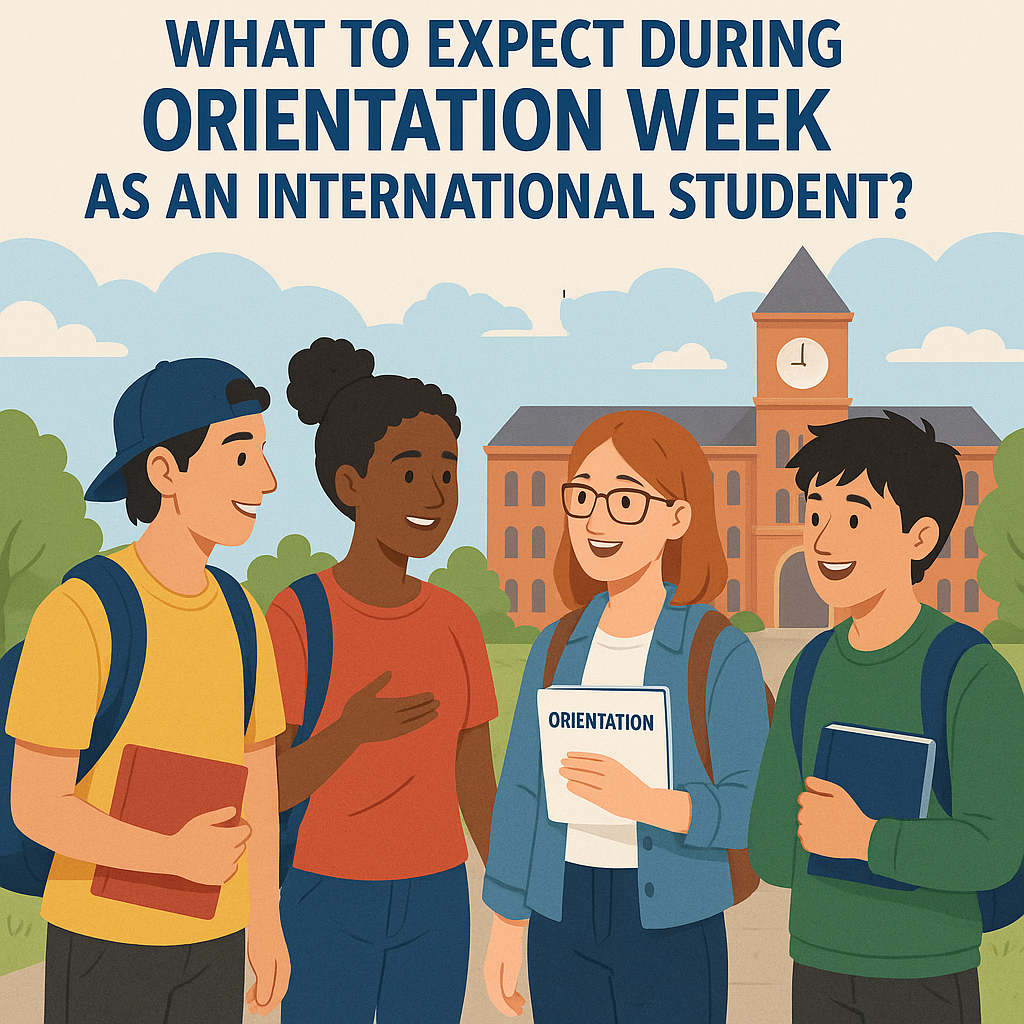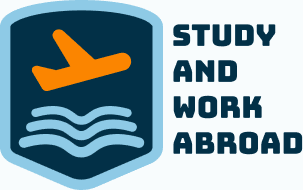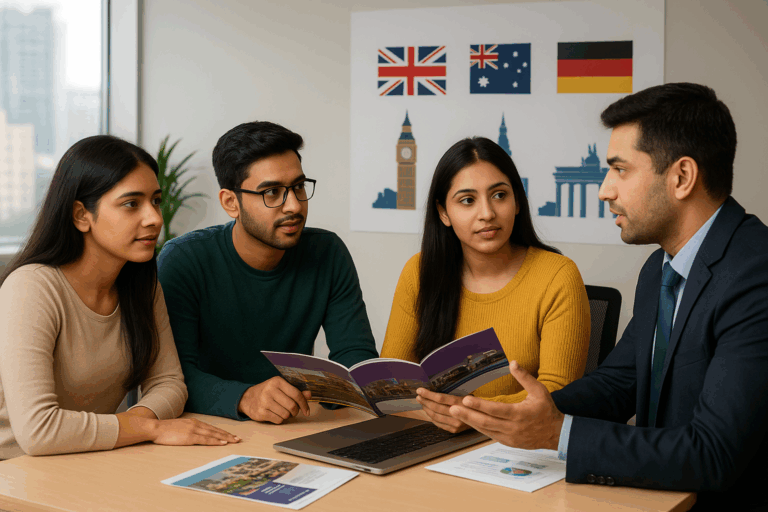Call Us:+91-9920234749, +91-9833420909 info@studyandworkabroad.in

What to Expect During Orientation Week as an International Student?
Starting your journey as an international student is exciting—but also a bit overwhelming. From navigating a new campus to making friends and managing culture shock, your first week abroad sets the tone for your study experience.
That’s where Orientation Week (also called Freshers’ Week in the UK or Welcome Week in some countries) comes in.
In this blog, we’ll walk you through exactly what to expect during orientation week as an international student, how to make the most of it, and key tips to help you settle in smoothly.
What is Orientation Week?
Orientation Week is a welcome program organized by universities to help new students — especially international ones — adjust to campus life. It usually takes place one week before classes begin, and includes a mix of academic sessions, social events, tours, and practical workshops.
Whether you’re heading to the UK, USA, Canada, Ireland, New Zealand or Australia, orientation week is your first step toward feeling at home in a foreign country.
Why is Orientation Week Important?
- Helps you understand university policies, systems, and academic expectations
- Introduces you to your department, classmates, and professors
- Provides info on student support, health services, and visa rules
- Offers opportunities to make friends and join clubs
- Reduces anxiety and boosts your confidence before classes begin
10 Things to Expect During Orientation Week as an International Student
1. Campus Tours and Accommodation Support
You’ll get a guided tour of your campus—libraries, lecture halls, cafeterias, and recreation centers. For those in university housing, staff may also help you set up utilities, kitchen access, or laundry services.
Tip: Use this time to explore public transport routes, grocery stores, and medical centers nearby.
2. Welcome Sessions for International Students
Most universities conduct special welcome events for international students. These sessions explain:
- Visa compliance rules
- Health insurance
- Local laws and cultural etiquette
- Working rights (e.g. part-time jobs)
You’ll also meet university staff and student mentors who are your go-to contacts for support.
3. Academic Advising and Course Registration
During orientation, you’ll:
- Get introduced to your program structure
- Learn how to register for classes
- Meet academic advisors
- Understand grading systems and plagiarism policies
UK Example: In the UK, many universities follow a lecture + seminar format, which can be new to Indian students. Orientation prepares you for this.
4. Student Clubs and Society Fair
This is your chance to sign up for:
- Cultural clubs
- Hobby groups (photography, theatre, etc.)
- Sports teams
- Professional networks (tech, finance, entrepreneurship)
It’s a great way to make friends outside your course.
5. Workshops on Cultural Adaptation
You may attend short sessions on:
- Adjusting to new cultures
- Dealing with homesickness
- Managing academic stress
- Effective communication styles
These help ease the transition and prepare you for a multicultural environment.
6. Social Events and Icebreakers
Expect welcome parties, movie nights, campus scavenger hunts, and city tours. These are designed to help you mingle with other new students.
Ireland Example: Many Irish universities include Gaelic sports demonstrations or traditional music nights as part of their cultural welcome.
7. Banking, SIM Card, and Student ID Setup
Universities often invite representatives from local banks and telecom providers during orientation week. You’ll be guided to:
- Open a student bank account
- Buy a local SIM card with student discounts
- Get your student ID card
8. Health and Safety Briefings
You’ll learn about:
- Registering with a local doctor (GP)
- Emergency contact numbers
- Campus security protocols
- Mental health resources
Some universities also offer free initial health check-ups for international students.
9. Visa and Immigration Check
In countries like the UK and Ireland, universities verify your immigration documents during orientation. You’ll need to:
- Show your passport, visa, and entry stamp
- Register with the police (if required)
- Collect your BRP (Biometric Residence Permit)
10. Meeting Fellow Students from Around the World
You’ll meet students from different continents — Europe, Africa, Asia, and the Americas. It’s the perfect opportunity to build a global network and experience different cultures.
Pro Tips to Make the Most of Orientation Week
Be punctual – Arrive early to important sessions and registrations
Ask questions – Don’t hesitate to clarify doubts about academics or student life
Take notes – You’ll get a lot of info—write things down or save guides
Attend social events – They’re fun and a great way to beat loneliness
Stay organized – Keep all your documents handy, especially passport and admission letter
Follow university social media – Updates and event reminders are often posted online
Common FAQs
Q1. Is Orientation Week mandatory for international students?
Most universities highly recommend it, and in some cases (like visa checks), attendance is mandatory.
Q2. What should I bring to Orientation Week?
Bring:
- Passport and visa documents
- Copies of your admission letter and fee payment
- A notepad or digital device for notes
- Comfortable clothes for walking or social events
Q3. Can I miss orientation if I arrive late?
It’s best to inform the university in advance. Some institutions offer late-arrival orientation alternatives.
Q4. Are orientation programs free?
Yes, All universities offer orientation sessions at no cost. Optional city tours or parties may have a small fee.
Final Thoughts
Orientation Week is more than just a formality — it’s your launchpad into international student life. From making new friends to understanding academic expectations, the week is packed with useful experiences that can ease your transition.
So be open, participate actively, and enjoy the journey.
And if you’re still in the planning phase for studying abroad, connect with AVF Consultants for expert advice and free counselling.
Need help preparing for your big move abroad?
Speak with our experienced overseas education advisors today and start your international journey with confidence!



